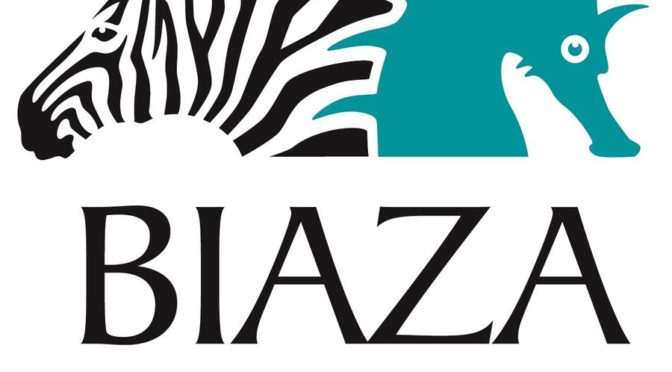I had the pleasure to participate at the BIAZA Annual Conference & AGM 2018 “Collaboration and Cooperation” from 6th – 8th of June in beautiful Devon.
The main topics discussed were:
– the problem of plastics and the effect on the planet
– deforestation
– the decline of animal and plant biodiversity
– the problem of farms and “a carnivore diet”
– educational projects aimed at local people in the countries affected
-the important contribution the zoos make towards supporting conservation projects.
If we can enhance our knowledge about conservation issues then small domestics changes can have a big impact on our world.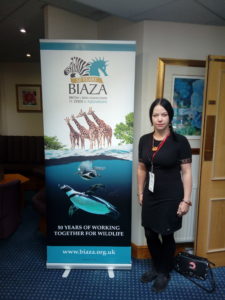
A plastic ocean
Today plastic, from PET to polyester, is part of our daily life:
-It’s not a biodegradable material
-It is a source of pollution if badly disposed of!!
In recent years, bio plastics have been introduced, with a lower environmental impact, created by the transformation of polymers derived from maize and other plant species.
However, biodegradable materials are not a solution because most of the “traditional” polymers that make up most of the food packaging currently in circulation are not biodegradable.
According to the most reliable estimates, in 2050 we will have produced more than 25,000 million tons of plastic waste, most of which come from domestic sources.
Only a small part will be recycled or incinerated and the rest can be found, for example inside the stomachs of animals that have suffered as a cause.
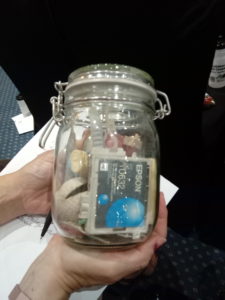
In our small way, if we want to defend the health of the seas and preserve their forms of life, the first thing to do is to change our buying habits.
So how can we reduce the impact of these materials on the environment?
– Reduce: Produce less waste!!
Choosing products made up of less packaging material, taking the shopping bag from home, etc.
– Reuse: Use a thing several times before throwing it away !!
reusing containers, looking for packaging that’s been recycle, reinventing waste as useful household objects eg. toys for children, flower pots etc.
– Recycle: sort out the waste and put in the relevant bins for collection!!
- Buy responsibly: no bottled soaps, drinks in glass containers only, no plastic straws, no food with packaging, etc
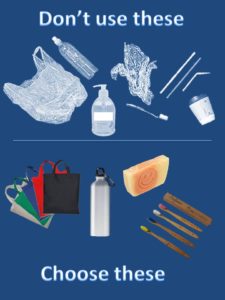
I recommend watching the film you can find on Netflix “A PLASTIC OCEAN” to understand better the gravity of the situation.
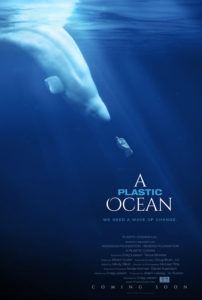
Little Fireface Project
Finally, in this conference our director Anna Nekaris was invited to participate with her talk about the importance of the contribution of the zoo in Little FireFace Projects.
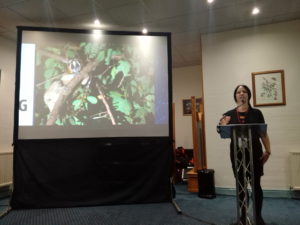
She did a summary about all the work involved with the Little Fireface project:
-encourage local people to develop products (eg. Coffe) that give them a livelihood whilst helping wildlife
-Slow Loris Conservation
-awareness and education projects for children in Indonesian Villages
This conference, the first in the United Kingdom, allowed me to met a lot of wonderful people. People that work hard every day and have the same goals as myself: the welfare of the planet and animals.
Our planet needs your contribution. So if this is something you haven’t thought about before now is a good time to start!!
Every small contribution makes a big difference!! ELEONORA FAVILLI

